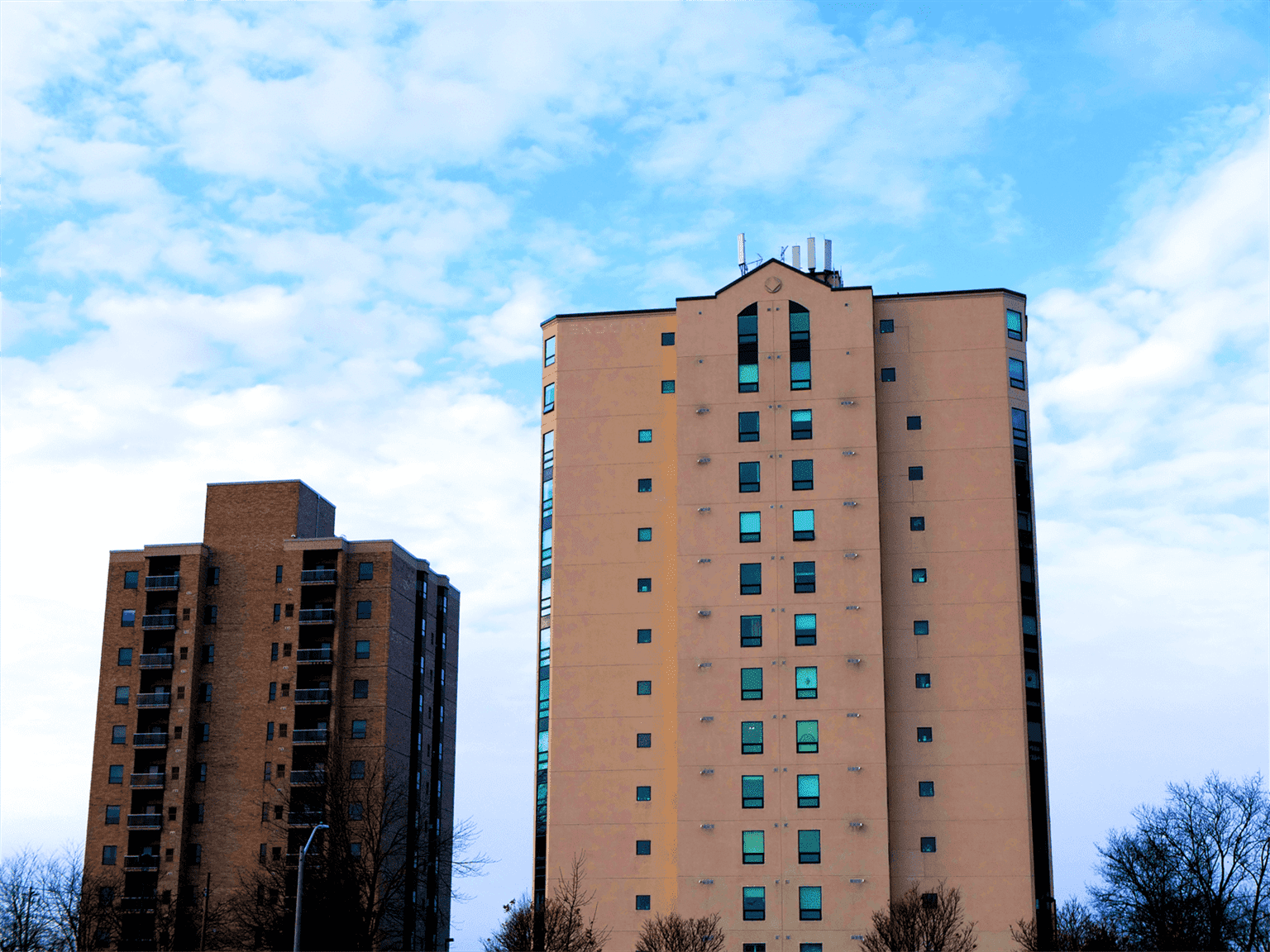Condos vs. Detached Homes? How Young Canadians will Shape the New Market in 2023

The more things change, the more they stay the same. The dream of a single-family home with a yard and a garage is still strong for young Canadians! While low-cost condominiums in urban areas are increasingly available—thanks to support from the federal government—young prospective homeowners aren’t looking to buy condos. As more urban space is devoted to compact units, young Canadians are forced to look for their ideal first home further from the city, exacerbating urban sprawl.
Federal incentives like larger tax credits for first-time buyers and increasing the amortization period on insured mortgages make condo ownership more realistic. However, young people are still holding out for detached homes.
What does this mean for the market? If the next generation of homeowners isn’t interested in condos, a condominium boom may not be worthwhile. Young Canadians are willing to wait longer until they make their first purchase, meaning they’ll be renting longer than previous generations. Additionally, despite public transportation development, young people are also willing to commute farther and live in a larger home than live in a condo in the city.
If you’re considering investing in a condo or detached homes, and are thinking about which tenants you’d like to attract, read on to explore the benefits and drawbacks for both housing types.
But first, before buying condos or detached homes, it is essential that you take the time to sit down and discuss the financial side of both purchases with a mortgage broker. After all, much like how young Canadians value detached homes and condos differently, mortgage lenders do as well. So, click the link below for a free strategy call to weigh both options before you start buying.
How much are you willing to spend?
Cost is naturally an important factor when considering an investment. Condos tend to cost less than detached homes owing to their smaller square footage, but it depends on the area. A small downtown condo could cost much more than a larger detached home an hour from the city. If young people are willing to rent condos but are waiting to buy deteached homes, condos could be a reliable source of rental income. As condos are cheaper to purchase they would require a lower down payment and monthly payment.
How committed are you to maintenance and repairs?
If you’re considering buying a rental property but don’t want to deal with frequent trips for repairs, a homeowner’s association (HOA) might be the answer. Typically, in condominium complexes the HOA is responsible for the exterior; homeowners are only responsible for the unit’s interior.
If you rent a detached home, your tenants will be calling you for help with yard work, snow removal, roof repairs and other outdoor maintenance. With a condo, you can at least count on fewer repairs to handle. This help comes with a monthly HOA fee, which could also be included in the tenant’s rent.
Discover How To Apply For An Investment Property Mortgages With This Step By Step Guide
What’s your ideal location?
Condos are typically found in more densely populated urban and suburban areas, while detached homes will be suburban or rural. Condos are often conveniently located near offices, cultural centers, shopping and entertainment, and likely have greater transportation options. Young professionals—and, increasingly, retirees looking to downsize—are drawn to the condo’s convenience.
The trade-off for a detached home is more land on the property. It's more maintenance, but there are also more opportunities for homeowners or renters to build an attractive space by adding amenities like a pool, garden or deck. Private, fenced-in yards are a huge selling point for families and why young families are willing to delay home-ownership and stretch their commute for the perfect home.
Do you want to customize your property?
While HOAs manage a lot of the work for you, they also have some pretty strict rules about what you can do with your property. You are unable to make changes to the exterior that might be deterring renters. If you own a detached home, you can add features to make the home a more attractive rental. You can add rooms or levels, update the exterior and add a pool or other amenities to increase your return on investment. Unlike a condo, you can flip a house!
What’s your investment horizon?
If you plan to own the property for a few years, or will need to get rid of it quickly, detached homes may be the better investment. Condos can be difficult to sell in a bad market for many of the reasons listed above: Homeowners would ultimately rather wait to purchase a house. People are even more willing to wait to purchase in a bad market, leaving you renting for longer. Additionally, if you updated a house it may sell more quickly than a condo unit that looks just like all the other units for sale in the building.
As a real estate investor, you can benefit from young Canadians waiting to buy detached homes, either by renting them a condo while they save, or improving a house to sell them at your profit. If you’re debating buying a condo or a detached home as your investment property, consider your investment goals and the experience you want to have as a rental homeowner.
Now, before buying condos or detached homes, it is essential that you take the time to sit down and discuss the financial side of both purchases with a mortgage broker. After all, much like how young Canadians value detached homes and condos differently, mortgage lenders do as well. So, click the link below for a free strategy call to weigh both options before you start buying.
